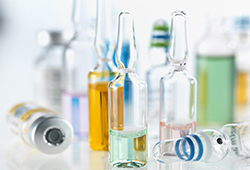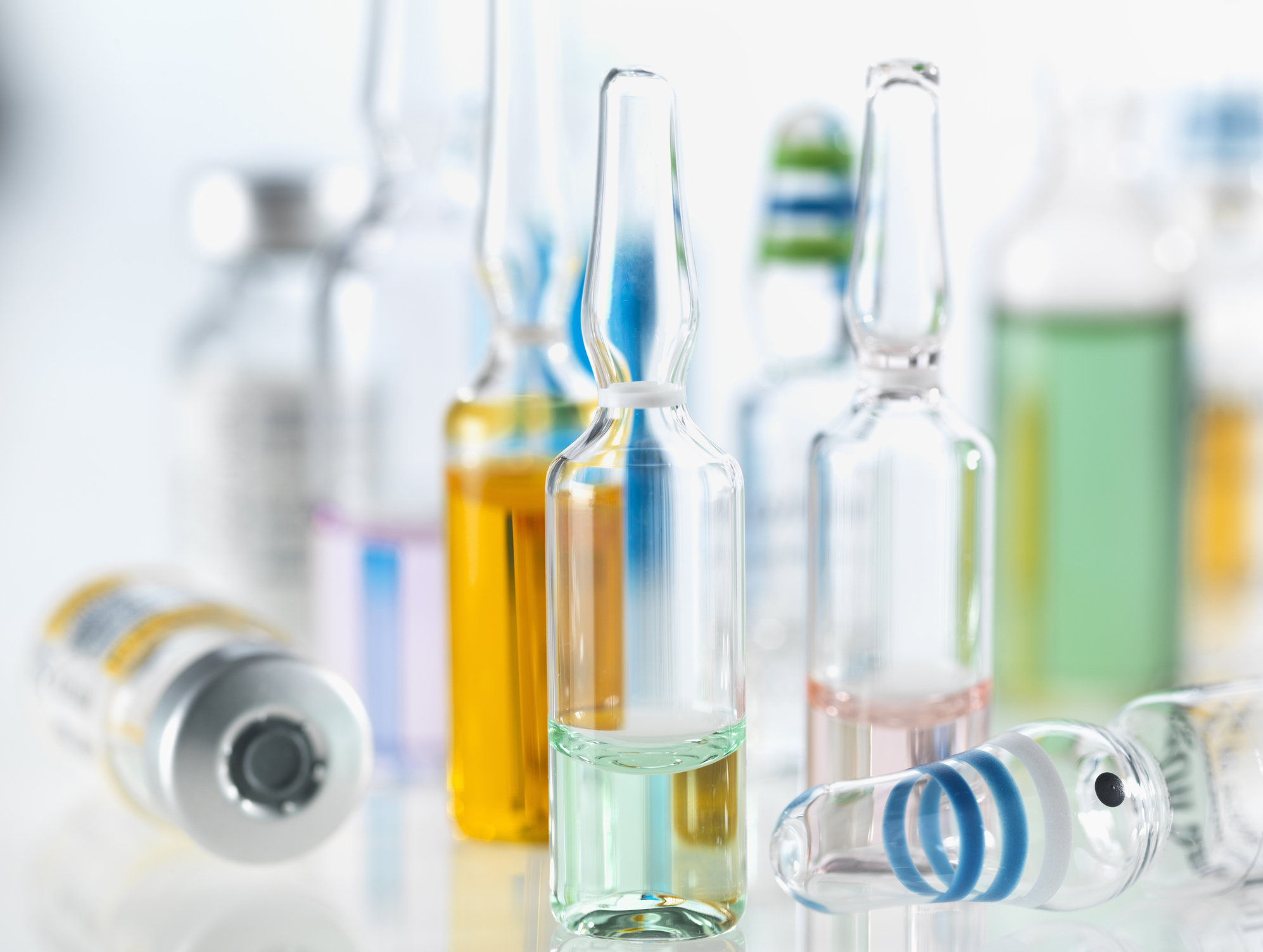 On October 8, the Institute for Clinical and Economic Review (ICER) published their first report of Unsupported Price Increases (UPIs), aimed at identifying drug price increases that ICER determines are not justified by new clinical evidence or other factors. ICER selected the top 100 drugs to review based on those whose estimated net price increases over a two-year period (2016-2018) would have caused the greatest increase in drug spending in the U.S. From that list, ICER narrowed its final analysis down to nine drugs by excluding those whose increase was less than twice the increase in medical consumer price increases (CPIs), or was due to factors such as increasing net drug prices or manufacturing costs. ICER also considered public input in determining which drugs to include in its final analysis (to view the full UPI Protocol, click here). The UPI reported seven drugs having price increases amounting to $5.1 billion that were unsupported by new clinical evidence, including several biologic drugs such as AbbVie’s HUMIRA (adalimumab) and Roche’s RITUXAN (rituximab) topping the list at $1.857 billion and $806 million, respectively. In the report, ICER stated that it hoped the report would be “an important first step in providing the public and policymakers with information they can use to advance the public debate on drug price increases.” In response to the report, AbbVie’s spokeswoman stated that the company “provided more than 200 recent scientific publications that highlight the clinical and economic value of HUMIRA,” adding that “AbbVie believes ICER’s data on the net price of HUMIRA is inaccurate.” A spokeswoman for Roche similarly stated that ICER’s approach was “significantly limited” because it excluded evidence supporting the clinical and economic benefits of RITUXAN, including 279,704 saved lives between 1998 and 2003.
On October 8, the Institute for Clinical and Economic Review (ICER) published their first report of Unsupported Price Increases (UPIs), aimed at identifying drug price increases that ICER determines are not justified by new clinical evidence or other factors. ICER selected the top 100 drugs to review based on those whose estimated net price increases over a two-year period (2016-2018) would have caused the greatest increase in drug spending in the U.S. From that list, ICER narrowed its final analysis down to nine drugs by excluding those whose increase was less than twice the increase in medical consumer price increases (CPIs), or was due to factors such as increasing net drug prices or manufacturing costs. ICER also considered public input in determining which drugs to include in its final analysis (to view the full UPI Protocol, click here). The UPI reported seven drugs having price increases amounting to $5.1 billion that were unsupported by new clinical evidence, including several biologic drugs such as AbbVie’s HUMIRA (adalimumab) and Roche’s RITUXAN (rituximab) topping the list at $1.857 billion and $806 million, respectively. In the report, ICER stated that it hoped the report would be “an important first step in providing the public and policymakers with information they can use to advance the public debate on drug price increases.” In response to the report, AbbVie’s spokeswoman stated that the company “provided more than 200 recent scientific publications that highlight the clinical and economic value of HUMIRA,” adding that “AbbVie believes ICER’s data on the net price of HUMIRA is inaccurate.” A spokeswoman for Roche similarly stated that ICER’s approach was “significantly limited” because it excluded evidence supporting the clinical and economic benefits of RITUXAN, including 279,704 saved lives between 1998 and 2003.
On October 16, Roche reported “very strong sales growth” this year driven by their new drug products. The report indicated a 12% jump in global pharmaceutical sales in the first three quarters of 2019 due to increased sales of Roche’s innovator products OCREVUS (ocrelizumab), HEMLIBRA (emicizumab-kxwh), TECENTRIQ (atezolizumab), and PERJETA (pertuzumab). In the U.S., OCREVUS, HEMLIBRA, TECENTRIQ, KADCYLA (ado-trastuzumab emtansine), PERJETA and AVASTIN (bevacizumab) drove a 14% increase in sales, while Europe experienced a sales drop of 1% mainly due to biosimilar competition from HERCEPTIN (trastuzumab) (-44%) and MABTHERA/RITUXAN (-33%). In Japan, sales increased by 11% driven by recently launched products HEMLIBRA, PERJETA and TECENTRIQ, which were partially offset by lower sales of MABTHERA/RITUXAN (-46%) because of biosimilar competition.
While the price of many innovator drugs are increasing or experiencing new market growth, Johnson & Johnson recently reported on its third quarter earnings call that the price of its innovator drug REMICADE has been driven down in the last year due in part to biosimilar competition. Johnson & Johnson reported a quarterly sales drop of 24.1% in the U.S. for REMICADE, which has faced biosimilar competition from Celltrion’s INFLECTRA and Samsung Bioepsis’ RENFLIXIS, launched in the U.S. in 2016 and 2017, respectively.
In response to increasing drug prices, several countries have been investigating the impact of potentially anti-competitive actions in the markets for biosimilars. Canadian and UK authorities conducted investigations into anti-competitive practices by brand name companies, and recently, the Belgian Competition Authority (BCA) announced that it is inspecting companies that are suspected of using restrictive practices to limit, delay, or prevent the entry of biosimilar competition. The Canadian and UK investigations were closed earlier this year due to inadequate evidence that the alleged misconduct was likely to prevent any competition from the biosimilar manufacturers.

